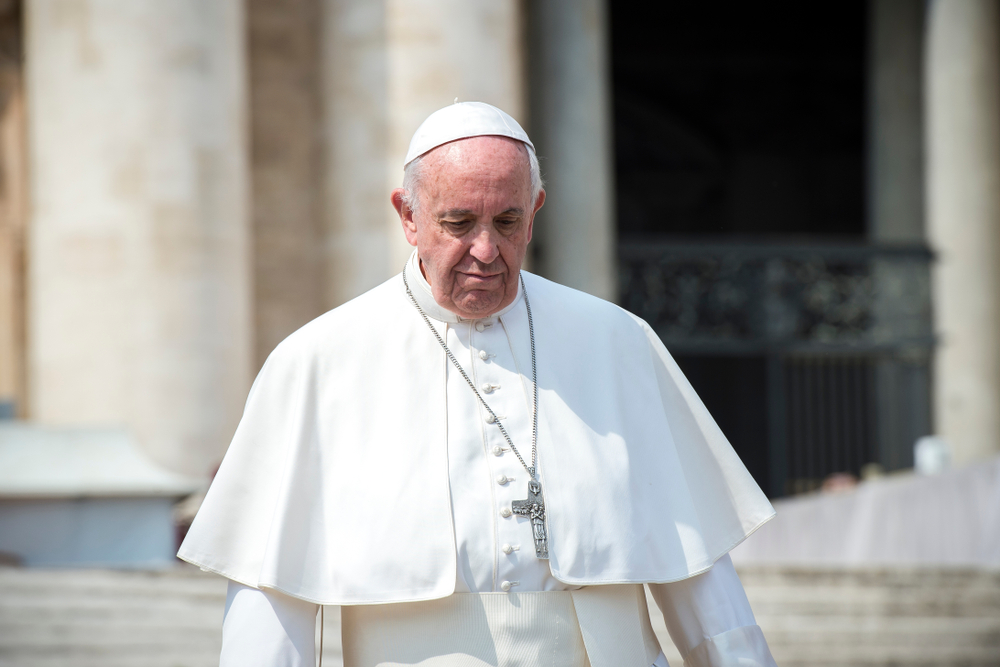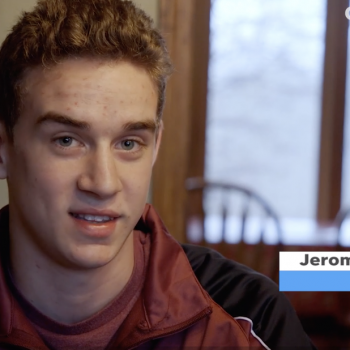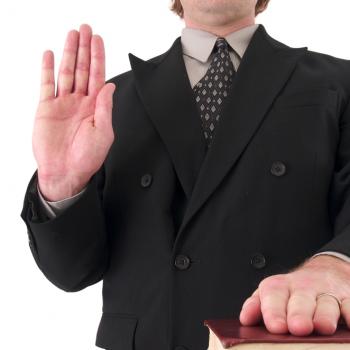Pope Francis has announced new rules that every diocese in the world must obey in an effort to curb child sexual abuse. That sounds great in theory — even if it comes 32094023320432 victims too late — but there are still loopholes in the process.

The new rules, issued in an “apostolic letter” called Vos estis lux mundi, would provide whistle-blower protections for anyone who makes a report, require each diocese to have a system in place to hear confidential allegations, and make each diocese follow certain procedures when the accused is someone in a position of power. (So if the accused is a cardinal, you can report directly to the Vatican.) All priests and nuns are now mandated reporters, much like public school teachers and counselors. There’s no statute of limitations, either, so priests are now free to spill the beans about decades-old instances of abuse that didn’t show up in various reports by attorneys general. The rules don’t apply only in cases of abuse involving children; they also apply to the abuse of nuns and other adults.
But.
There’s no rule requiring priests to report the allegations to law enforcement officials. (The Vatican says this is because Catholics are a “persecuted minority” in some parts of the world, and such a rule could endanger the priests, but the Vatican does say every diocese must follow local laws about reporting abuse.)
There’s no penalty for Church leaders who don’t follow the rules. What if you see something but don’t say something? Then the Church will be very very upset with you… and that’s about it.
There’s no rule about financial reparations for victims, which means the Church may take abuse allegations seriously and punish the culprits, but the victims would still be left to deal with the consequences. It would take a victory in the secular courts before a victim ever saw a cash payout.
If an abuser confesses his crimes to a priest in a confessional booth, it’s still considered sacred, secret information. A priest is under no obligation to report the abuse if he learns about it in that manner.
If an allegation of abuse is found to be “manifestly unfounded” by the metropolitan bishop (who oversees more than his own diocese), it can be ignored entirely. This could be a problem depending on who the metro bishop is, what connections he has, and how trustworthy he is (or isn’t).
If an allegation of abuse seems legitimate, and an investigation confirms it, the metropolitan bishop must send the details to the Vatican… and then who knows what happens. It’s up to Church leaders to decide what to do with that information.
So are the new rules a step forward for the Church? Sure. They had nowhere to go but up. But rather than fix the leaky faucet entirely — with a zero-tolerance policy, mandatory reporting to secular authorities no matter when and where the information comes from, etc. — the Vatican just put some scotch tape around the pipes, assuming that’ll take care of everything. It’s quite literally the least they could do at this point.
The system will go into effect in a few weeks, June 1, for three years before any possible overhauls. Every diocese in the world must establish their own details protocols and put them in place by June 1 of next year. Who knows how much predators will get away with by then.
(Image via Shutterstock)



It’s Moving Day for the Friendly ..."
It’s Moving Day for the Friendly ..."
It’s Moving Day for the Friendly ..."
It’s Moving Day for the Friendly ..."